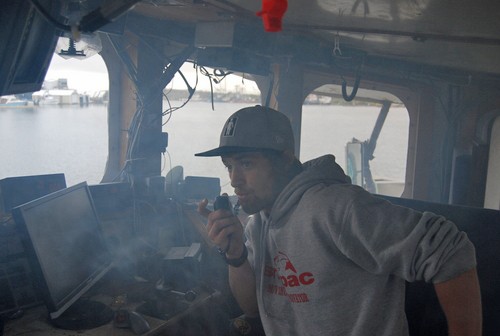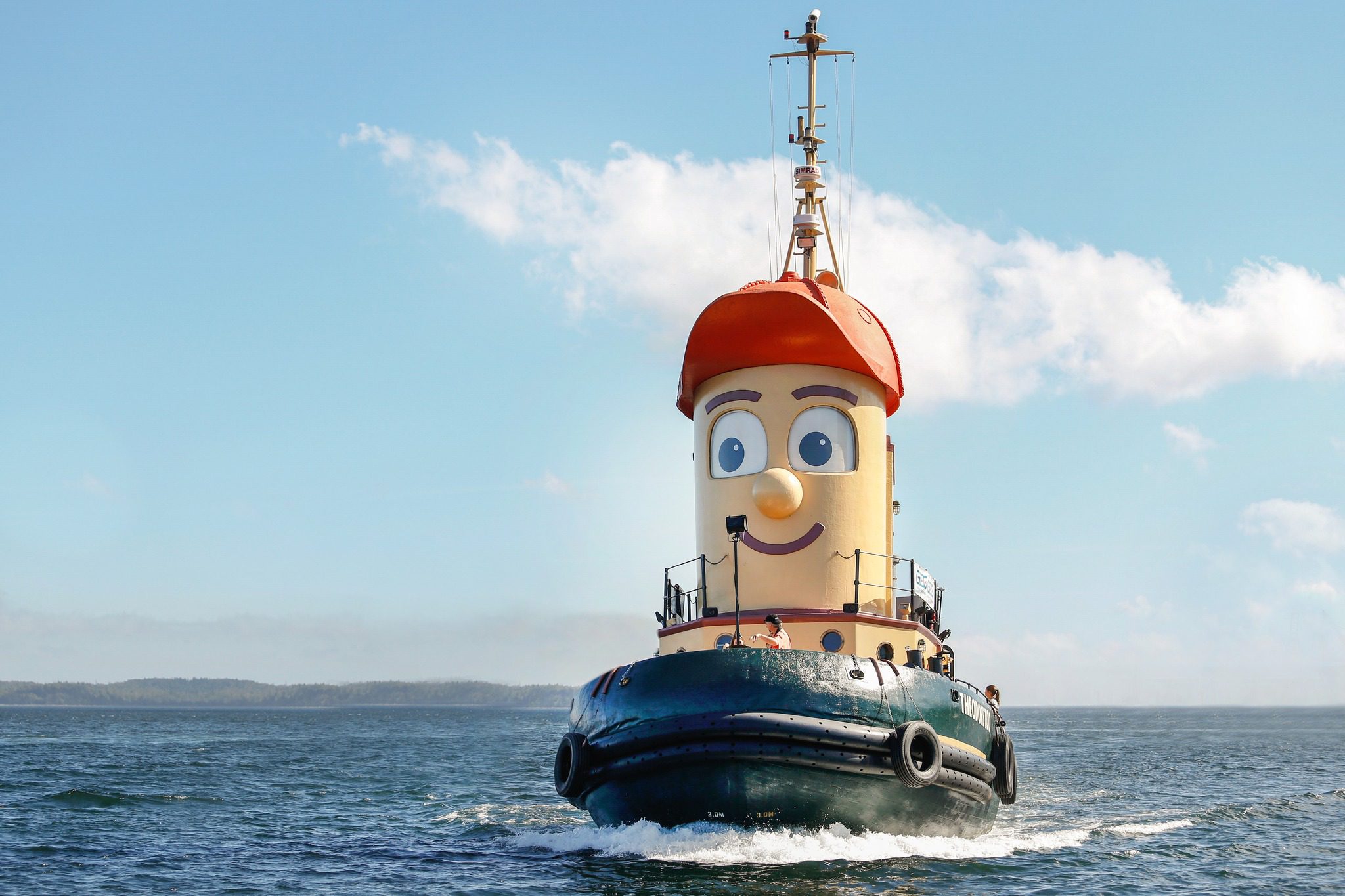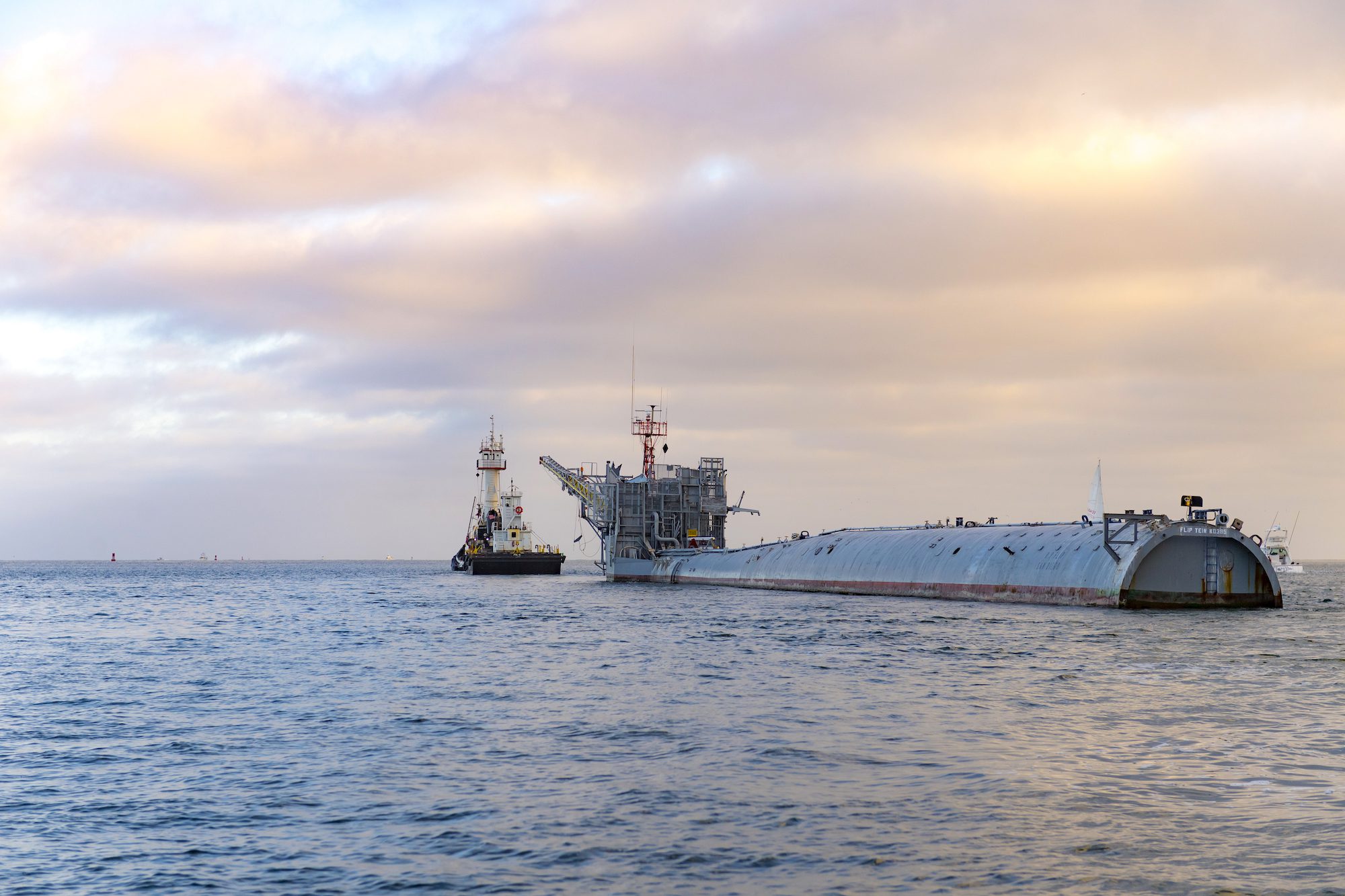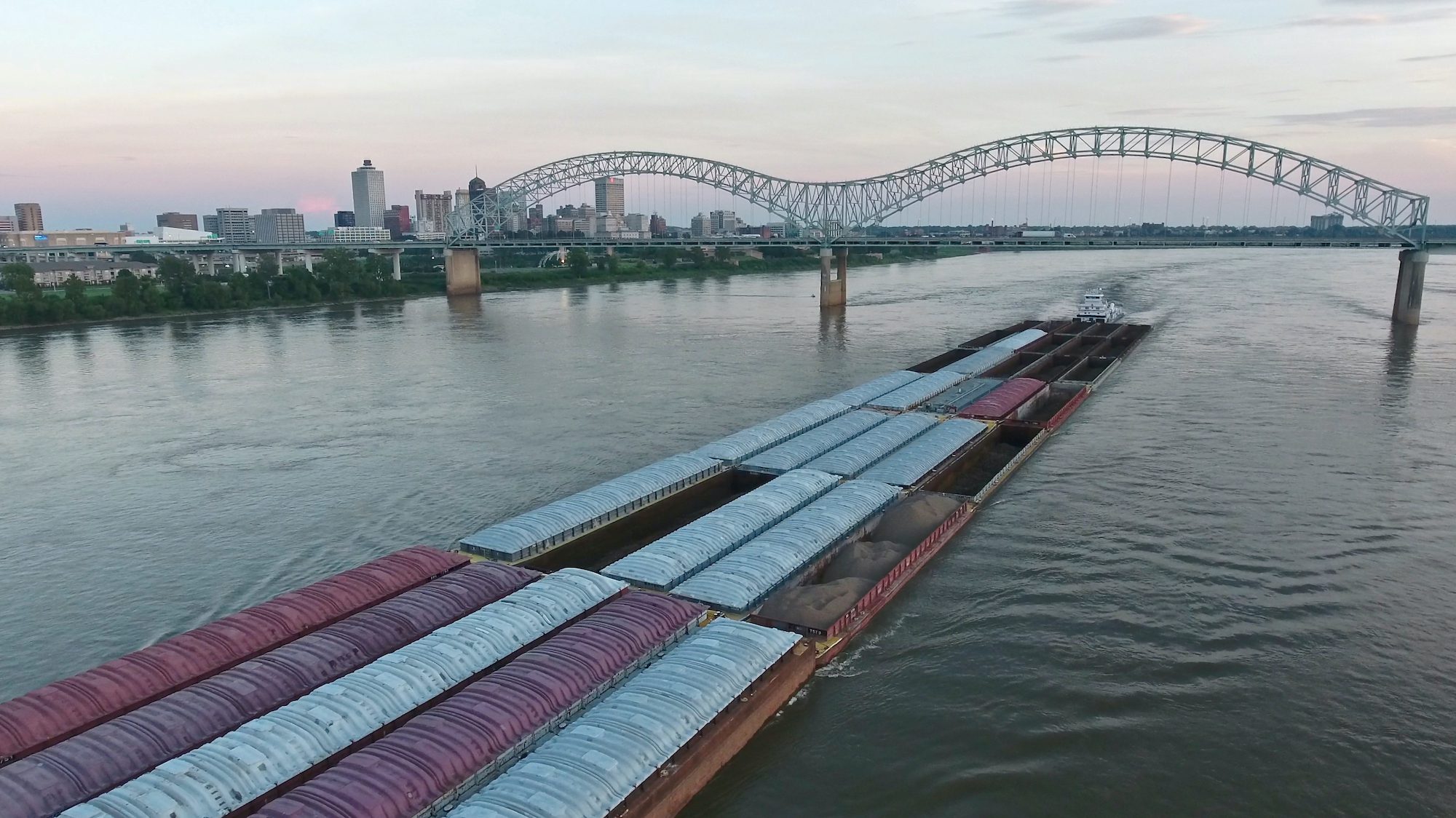 The waters of the Pacific Northwest offer some of the most treacherous yet bountiful work opportunities in the world. Dungeness crab fleets hailing from Oregon and Washington state are among the world’s elite. The reward for their toils, however, often comes with a price.
The waters of the Pacific Northwest offer some of the most treacherous yet bountiful work opportunities in the world. Dungeness crab fleets hailing from Oregon and Washington state are among the world’s elite. The reward for their toils, however, often comes with a price.
Commercial fishing is the deadliest occupation in the United States, and the Pacific Northwest’s Dungeness crab fishery is no exception. Over the course of the past decade, 27 fishermen died while working the Dungeness fishery. This is 27 too many, and the Coast Guard is committed to educating the fleet and instilling the right attitude for those in the industry, as confronting the risks inherent with crabbing in the Pacific Ocean require preparation, proper education and a survivor’s attitude.
Curt Farrell, Commercial Fishing Vessel Safety Coordinator for Marine Safety Unit Portland, Ore., and Mike Rudolph, a Coast Guard fishing vessel safety examiner, are passionate about safety. When it was discovered a serious training void existed along the central and southern Oregon coast for fishermen, it was with this passion that led the pair to seek out specialized training through the Alaska Marine Safety and Education Association to become certified drill instructors.
“The safety training that we have provided over the past four years has made the biggest difference in the safety of the fleet than anything else that we do,” said Rudolph. “I get very excited when a fisherman comes to me on the dock months later and says the training I provided helped avert a casualty or saved a life.”
Rudolph’s training efforts recently had a significant impact when the crew of the 66-foot Dungeness crab vessel Michelle Ann experienced a stack fire Dec. 18, 2010, outside Yaquina Bay, Ore.
“We all were facing potential disaster, but thanks to the methodical and highly structured tactics we learned from the safety class, we were able to take proper actions and avoid harm,” said Michelle Ann crewmember Mike Donovan. “No one panicked, we all knew what we had to do and dealt with the issue. No one was hurt.”
The Michelle Ann was able to make it safely to port without being towed, was repaired quickly and back out fishing a few days later.
Commercial Fishing Vessel Drill Conductor Courses, promoted byOregon Sea Grant, provide practical information on survival equipment found on most commercial vessels and on conducting onboard emergency drills. Most valuable for all those enrolled however, is that these skills are learned in a hands-on format.
“The class is very intense,” said Farrell. “Students will be putting on immersion suits, jumping into the water, entering a life raft, fighting a fire, stopping leaks and shooting off flares. They will do realistic emergency drills aboard a fishing vessel with artificial smoke.”
The fishing fleet is a tightly woven community, and the deaths that occur each year are felt by all. Fortunately, it does not have to be this way, and the Coast Guard, Oregon Sea Grant, and Dungeness crab fleet will continue to partner to improve the safety of commercial fishing employment, arming the fishing fleet with the skills that could one day save their lives.
This article originally appeard in Coast Guard Compass and was written by LTJG Stephanie Young

 Join The Club
Join The Club











